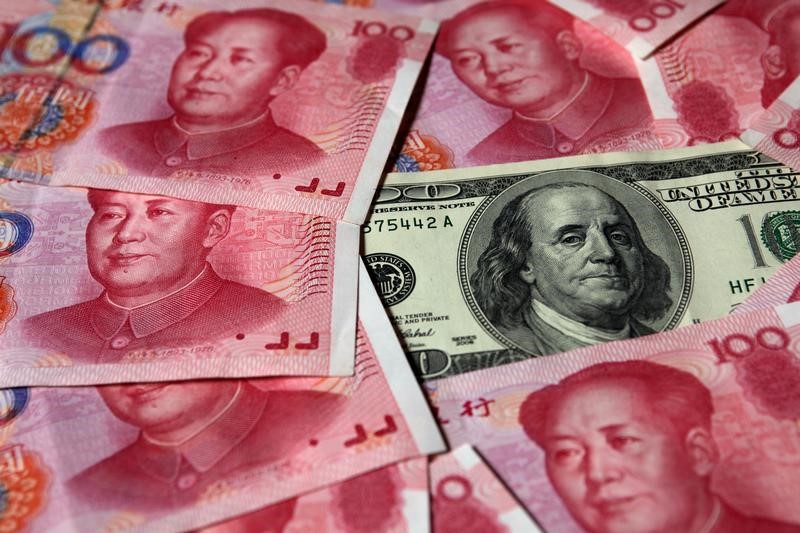SINGAPORE (Reuters) - Long positions in most emerging Asian currencies increased in the last two weeks, a Reuters poll showed, after recent comments from U.S. President Donald Trump raised concern that the United States may be shifting away from a "strong dollar" policy.
In late January, Trump and trade adviser Peter Navarro had criticized Germany, Japan and China, saying the three key U.S. trading partners were engaged in devaluing their currencies to U.S. disadvantage. (Full Story)
Asian currencies have also been supported by the view that the U.S. Federal Reserve will not be in a rush to raise interest rates.
U.S. jobs data released last week had shown disappointing wage growth, bolstering expectations that the Fed would wait until the second quarter to raise interest rates. (Full Story) (Full Story)
Market positioning in the Chinese yuan CNY=CFXS turned marginally bullish. It was the first time investors were estimated to be long the yuan since mid-August, though the change was marginal.
Signs of improved sentiment toward the yuan came even after data showed that China's foreign exchange reserves fell below the closely watched $3 trillion level in January for the first time in nearly six years. (Full Story)
The poll of 20 market participants, including analysts, traders and fund managers, showed that long positions in most Asian currencies increased compared to two weeks ago.
Bullish bets on the South Korean won KRW=KFTC, Taiwan dollar TWD=TP, Indian rupee INR=D2 and Thai baht THB=TH all rose to the highest levels since mid-August.
Bullish bets on the Indonesian rupiah IDR= also increased compared to two weeks ago and reached the highest level since late September.
Bucking the broader trend, investors were estimated to have slightly increased bearish bets against the Malaysian ringgit MYR= and the Philippine peso PHP=PDSP.
The very marginal bearish bets against the Singapore dollar SGD=D3 also increased a tad.
The poll is focused on what analysts and fund managers believe are the current market positions in nine Asian emerging market currencies: the Chinese yuan, South Korean won, Singapore dollar SGD=D3, Indonesian rupiah, Taiwan dollar, Indian rupee, Philippine peso PHP=PDSP, Malaysian ringgit and the Thai baht.
The poll uses estimates of net long or short positions on a scale of minus 3 to plus 3. A score of plus 3 indicates the market is significantly long U.S. dollars.

The figures include positions held through non-deliverable forwards (NDFs).